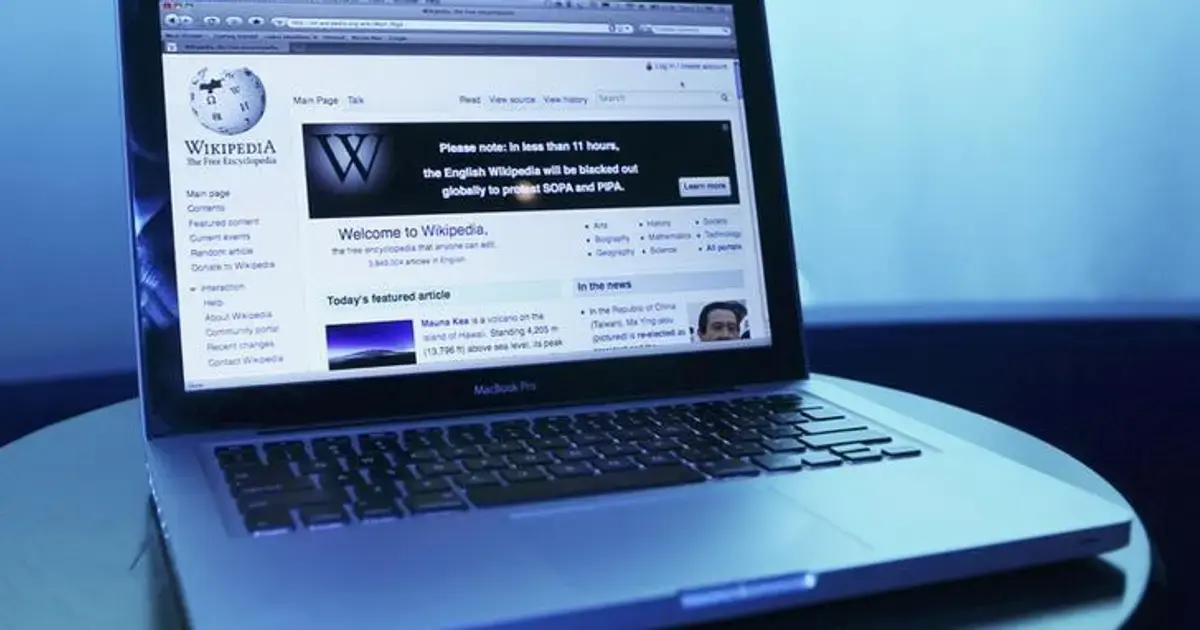This is clever propaganda. This article uses the Sunday Times, a UK publication as it’s actual news and the rest is opinion or unsubstantiated thought. The Times article is saying how Wikipedia encourages Iranian change. Wikipedia does an excellent job of self regulating political content, as seen by many other contested political articles, and Iran is no different.
This is Zionist Nationalism pushing UK articles that back their messaging of “Attack Iran” while Israel is currently peak aggro, seemingly as a distraction (using Houthi ties and red sea activity as justification). It’s a garbage article and not worth the time. Wikipedia does a good job of being neutral and this article is big mad at them for not pushing the Zionist propaganda.
Removed by mod
This is why I find Wikipedia problematic. Anyone can change an entry and if enough people work together they can change it permanently and resist efforts to change it back. It seems inevitable to me that it will lose integrity over time.
I’d love for someone to convince me otherwise, though…
This is why I find Wikipedia problematic. Anyone can change an entry
No they can’t. Many articles are locked, there’s degrees of locking. Also, there’s a hierarchy where the community, specific notice boards, administrators, or just an uninvolved editor can be brought in to help adjudicate an editorial dispute.
…and all this is not to mention the many policies that guide editors to keep Wikipedia journalistic.
It’s set up to resist a loss of integrity. Case in point, this article. Do you think moderators and admins left the Iranian editors changes in place. No, they were discovered for a reason - probably by the wider community using Wikipedia’s policies, guidelines, and means of resolution.
In some circumstances, pages may need to be protected from modification by certain groups of editors. Pages are protected when a specific damaging event has been identified that cannot be prevented through other means such as a block.
https://en.wikipedia.org/wiki/Wikipedia:Protection_policy
edit: also https://en.wikipedia.org/wiki/Vandalism_on_Wikipedia
So it’s actually a lot better than it might appear - they’re obviously familiar with what happens when anyone can edit an article on a contentious topic, and it would be a massive shit-show if it was as simple as “whoever’s most stubborn at changing the topic to be the way they want it wins.” I’ve been involved with editing a controversial topic, and I can say that as long as it’s something that enough people care about, the system actually does produce something pretty close to an unbiased view.
There’s a whole set of rules and guidelines, including some specifically for this situation, and there’s a whole set of remedies with a gradual escalation, up from just getting other people involved to talk about things, all the way to IP or user-account blocking and banning if people don’t follow what the rules are supposed to be.
I think where the system is lacking is for situations like this where someone’s making edits “under the radar”; where it’s a topic that not a lot of people care about, or where their edits are subtle enough that no one really recognizes that they’re coming with a particular agenda. But in general, it’s quite a good system which is the only reason Wikipedia isn’t a big 4chan-esque vote-rigging dumpster fire.



